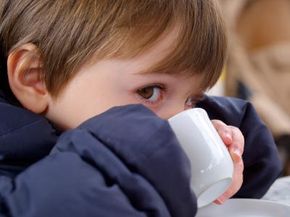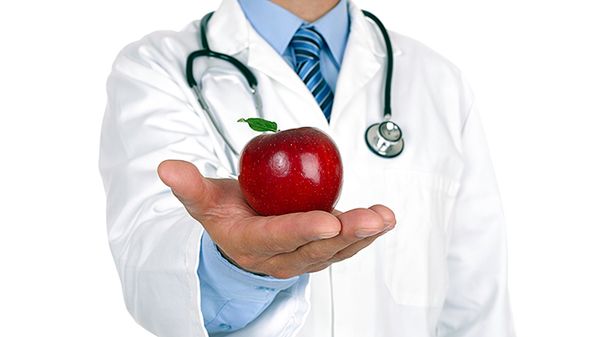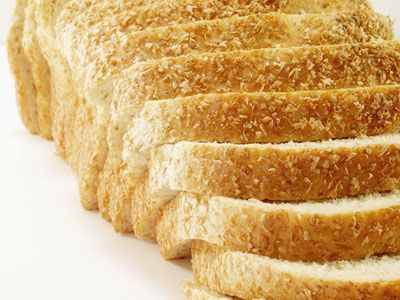Coffee: It's a beverage with lore and legend as rich as a double caramel latte.
An advertisement from the first coffeehouse in England promoted coffee as "good against sore eyes" and "excellent to prevent and cure the dropsy, gout, and scurvy." In the early 1700s, Germans believed the beverage made women sterile. An old wives' tale states that if bubbles appear in your java, you're due to come into money — not a bad thing considering the price of a cuppa these days.
Advertisement
In more recent times, another idea took hold of the public's imagination regarding coffee — that it had the power to stunt a child's growth. But just as a pot of coffee boiling over doesn't mean it's going to rain (again from those old wives), the assertion that the drink makes for a nation of hobbits has been proven false.
How coffee got associated with this myth is cloaked in the espresso-colored steam of history, but most experts agree that it has something to do with an early study linking caffeine to reduced bone mass and osteoporosis. Those studies, however, were conducted on elderly people whose diets were lacking in calcium, which could easily have explained the loss of bone mass.
Subsequent studies showed that women aged 65 to 77 who drank about 18 ounces of caffeine daily did have greater bone loss over a three-year period than those who didn't. But the effects occurred only in women with unusual variations in their vitamin D cell receptors — and were completely mitigated if the women ingested the recommended daily allowance of 1,200 mg of calcium a day [source: Collins].
Focusing exclusively on children, a more recent study tracked 81 teenagers for six years. The result? There was no difference in bone density between the biggest buzz catchers and those who drank the least amount of caffeine [source: O'Connor]. But just because a cup of joe doesn't keep little Joe pint-sized all his life doesn't mean there isn't cause to be concerned about children and coffee, as we'll see in the next section.
Advertisement




